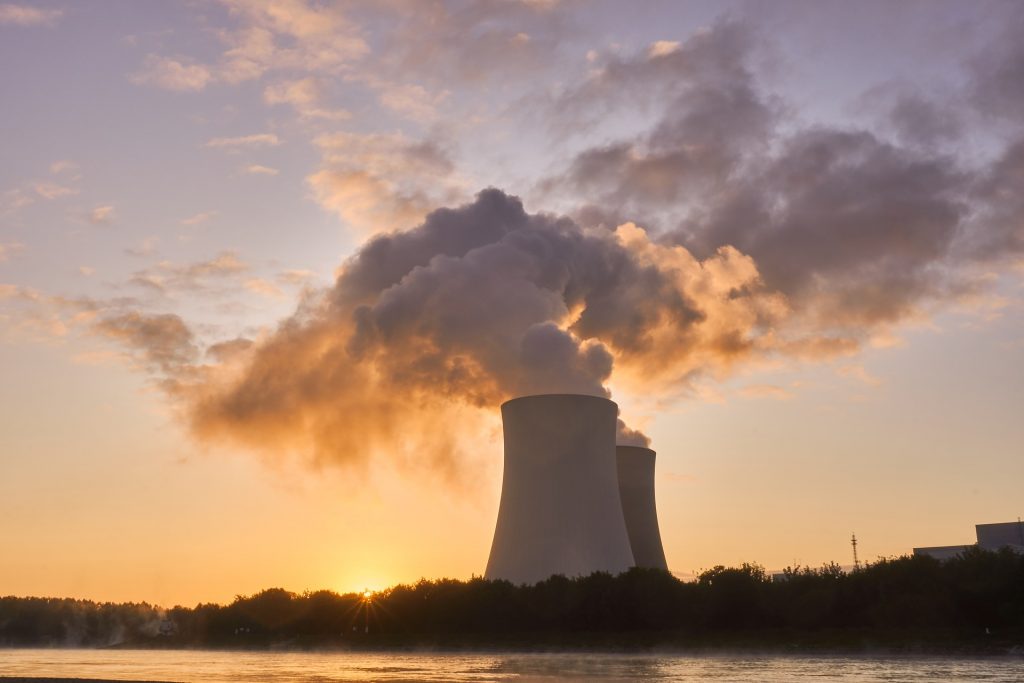Date TBD (no location) – It took over 4 years and a strong European partnership of research centres, technology developers, SMEs and large companies, for BAMBOO to achieve the results that it did in energy efficiency and decarbonisation of heavy industries.
Responsible for nearly one-third of global carbon emissions, heavy industry has a vital role to play in bringing global warming to below 1.5° and achieving net-zero CO2 emissions by 2050. Furthermore, the industry’s energy use accounts for over 24% of global GHG emissions, while direct industrial processes account for 5.2%.
The challenge of BAMBOO was to study, develop and, possibly, test pioneering technologies to improve sustainability in four heavy industries: petrochemical, mineral, paper and steel.
The project developed 5 energy-efficient technologies and one process flexibility tool applicable to different industry sectors, helping to cut energy costs and reduce GHG emissions. Each technology focuses on one of the three key pillars of the project: waste heat recovery, waste stream valorisation and electrical flexibility. The five solutions have enabled the recovery and reuse of waste streams previously underused, which have become valuable by-products.
For the petrochemical sector, an organic rankine cycle turbogenerator for waste heat recovery and power generation was designed. If developed, it could save 5% of electricity consumption and emissions, recover up to 30% of the waste heat and avoid 4,600 tons of CO2 every year in the EU.
A multifuel low-nox burner was developed to reduce the production of nitrogen oxide (NOx) by controlling fuel, air mix and the peak flame temperature. The test showed that NOx emissions have been reduced by over 40% without biomass burning, while by replacing pet coke with biomass, a further decrease of over 21% has been achieved.
The flame monitoring system basis on an automatic diagnosis of the combustion status by processing images from flames. It can save energy and cut emissions by optimising the combustion process.
Steam-generating heat humps have been tested for the steel sector, to increase the energy supply efficiency and improve the decarbonisation through electrification. By using renewably sourced electricity, the research has led to a possible CO2 reduction of nearly 100%.
Thanks to the virtual battery concept, the plant and the operation of its energy conversion units, storage and consumption assets act together as a virtual battery for the local grid. This technology identifies boundary conditions for the regional integration of renewable electricity and to find good combinations of different technologies that can support this.
Finally, BAMBOO tested an energy forecasting platform that supports industrial sites in valorising their energy flexibility. Thanks to the platform, industries can minimise their energy procurement costs and/or maximise the revenues from their own electricity production assets.
“On behalf of the coordinating body, I would like to thank the whole consortium for their hard work during these 54 months” says Jorge Arroyo Villanueva, project coordinator. “BAMBOO represents the effort of the industries, research centres and companies linked with the energy intensive sector towards its decarbonisation and efficient use of the energy. I would also like to thank the European Commission on behalf of the partners for their support during the project. Thanks to their funding programmes it is possible the development of new technologies which will contribute to have a greener European Union.”
BAMBOO technologies have proven to be reliable and safe for the future of the industry. Further insights are available on the project website. Get in contact for collaborations.
ABOUT BAMBOO
This project has received funding from the European Union’s Horizon 2020 research and Innovation programme under grant agreement N° 820771.
Coordinator contact:
Jorge Arroyo Villanueva – Fundación CIRCE
jarroyo@fcirce.es
Communication & press contact:
Veronica Meneghello – ICONS
Veronica.meneghello@icons.it



